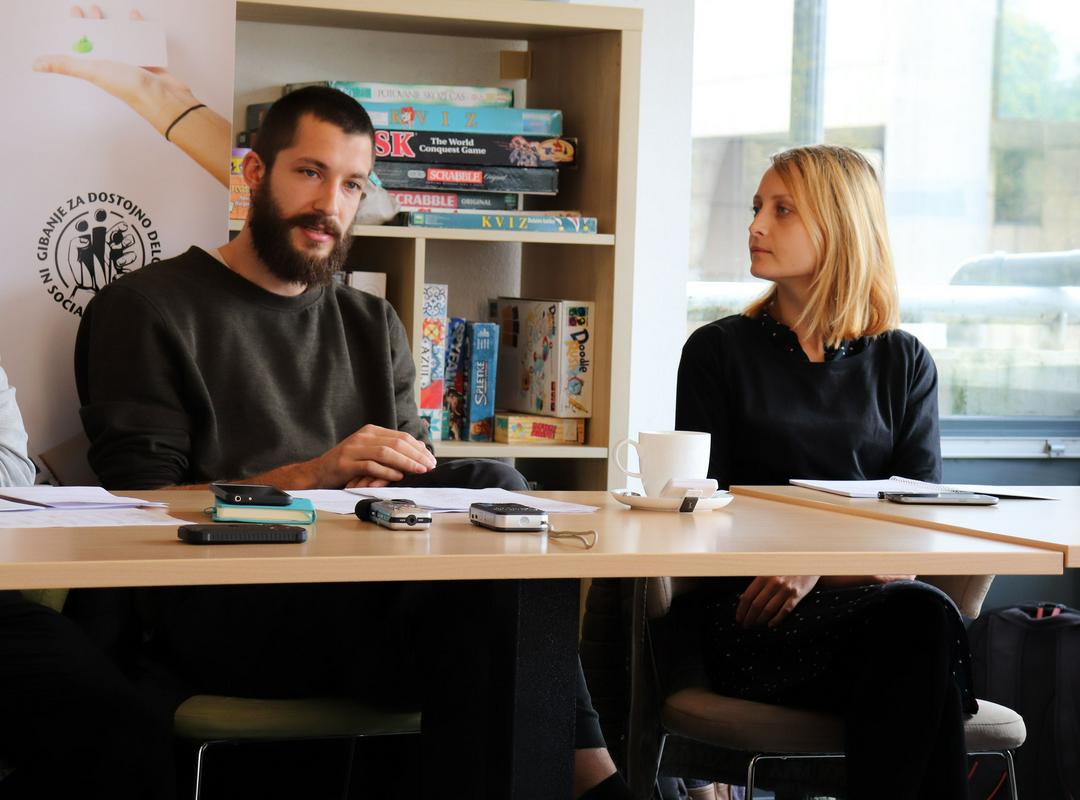
Before the elections to the National Assembly, the Union of Precarious Workers sent questions to all political parties regarding the elimination of precarious work, and at the same time proposed concrete solutions, which they now expect the new government to fulfil.
Before the upcoming 10th anniversary of the World Day of Decent Work, which will take place on Sunday, 7 October, the Movement for Decent Work and the Social State prepared a round table discussion on the topic of precarious work, the serfdom of the 21st century. "We refer to precarious work as the new-age slavery," explained for MMC the president of the movement Marko Funkl, adding that the atmosphere after the formation of a new government is optimistic. The union and movement of precarious workers had suggested concrete solutions to political parties before the elections.
"According to the answers we have received, none of the parties has a significantly different view from ours. The consensus of coalition parties is important, since they made it in their answers that they support our proposals," emphasized Funkl. The government is now in full operation, and the time has come for fulfilling the promises.
Waiting for concrete results of the government
"We need to demand concrete results from the new government, we must not agree to any discussion from scratch, to formations of new project groups, strategies etc., because this has already been done. Together with the union, we sent a questionnaire with very concrete issues to all political parties, asking for example if they would pass legislation for implementing state-paid sick days after the third or fifth day of illness for independent contractors within six months of the government being sworn in. The majority of the parties of the current coalition responded to this question in an affirmative manner," Funkl explained, noting that they expect the new government to start dealing with these issues immediately. All parties also answered affirmatively when asked if they would provide financial funds for 40 additional inspectors on the labour market, added the movement’s president.

































































